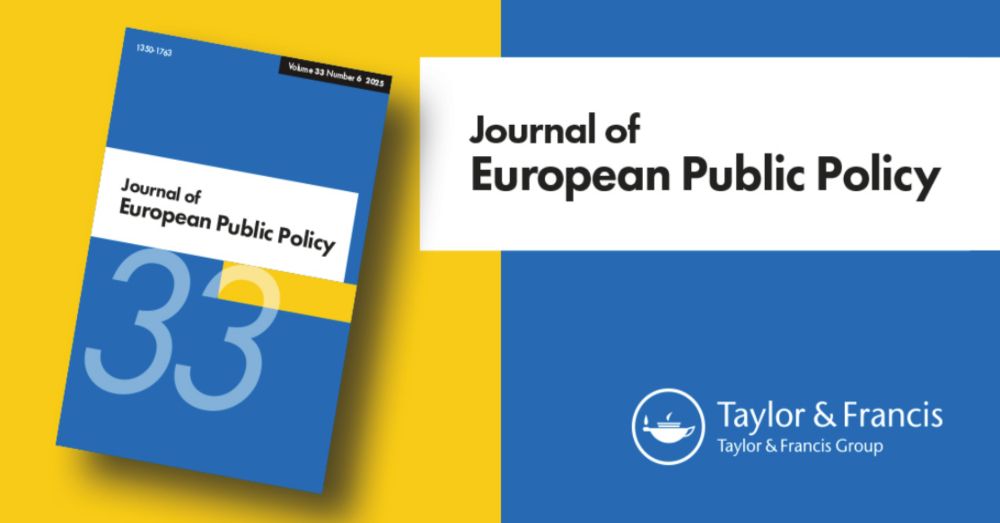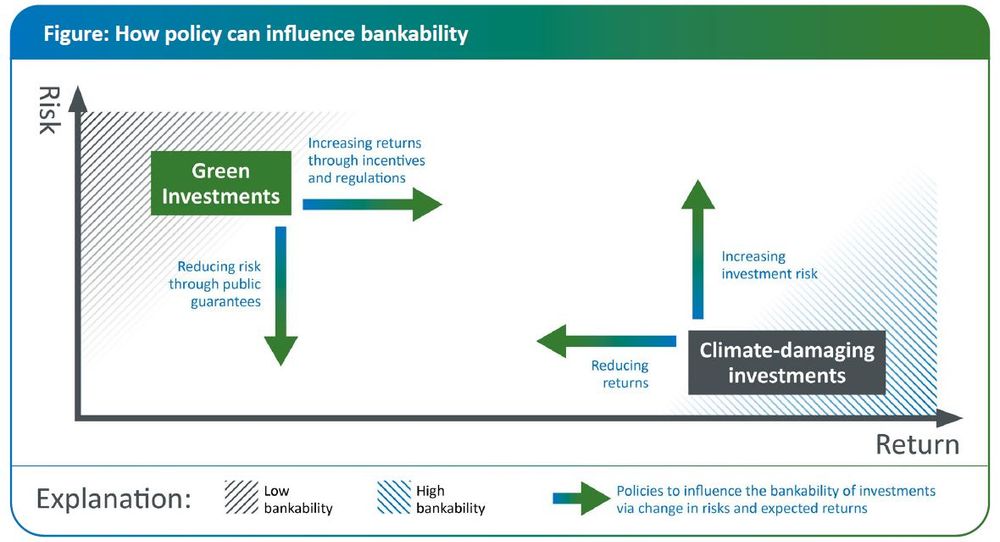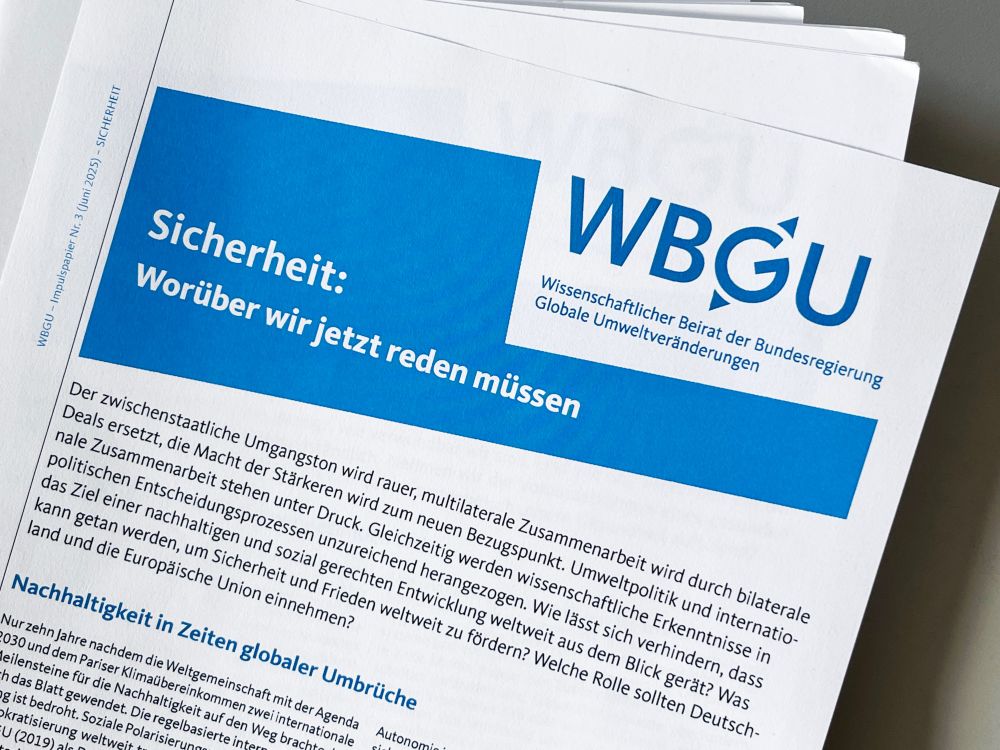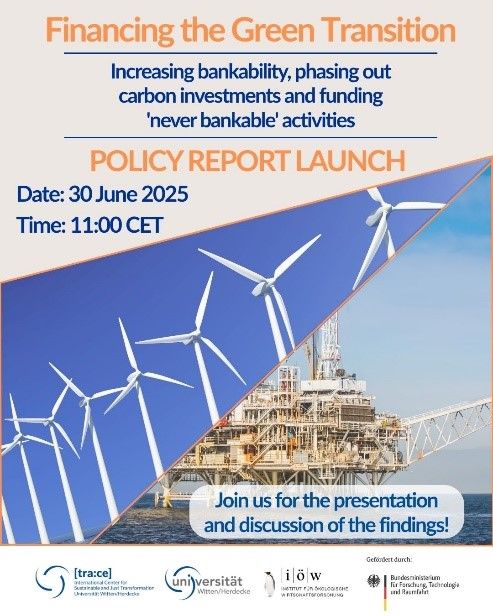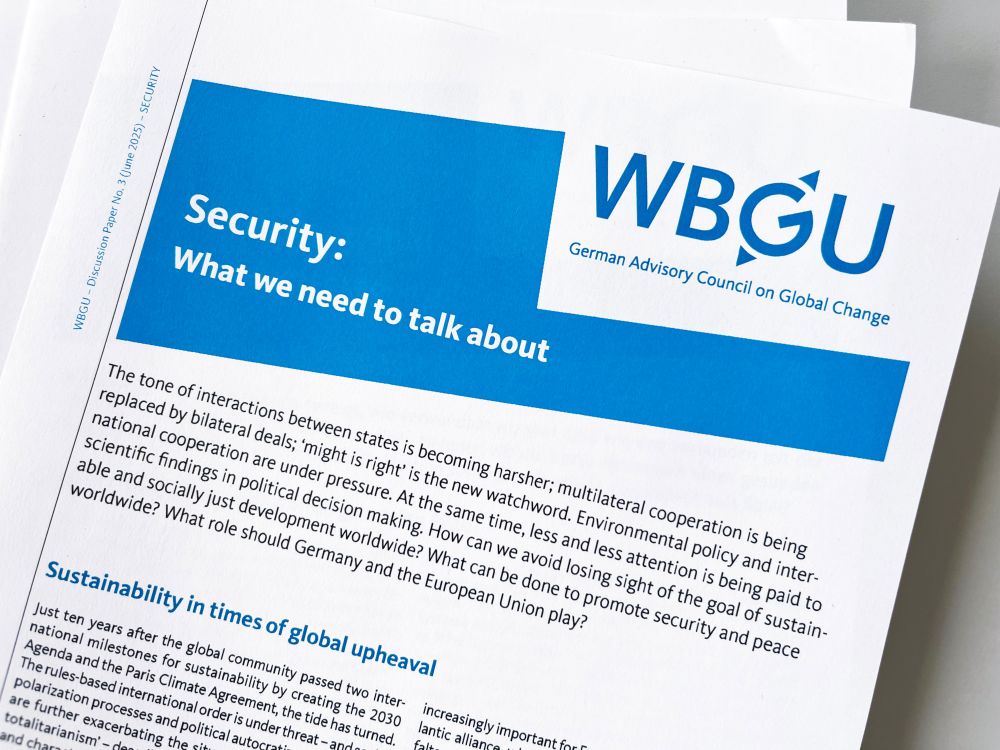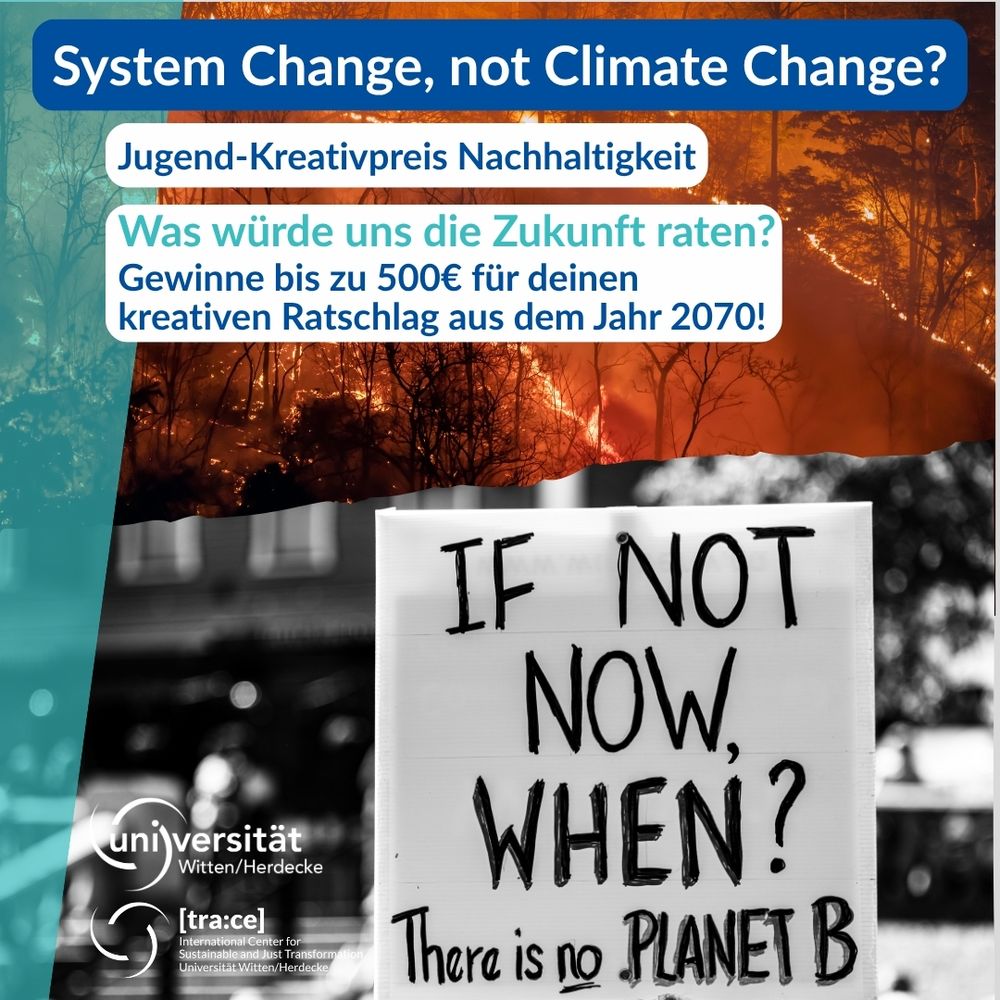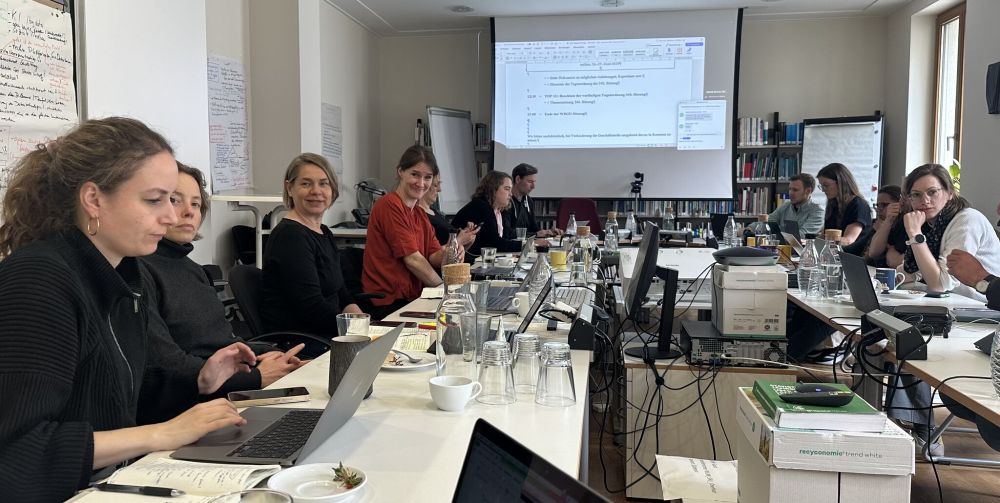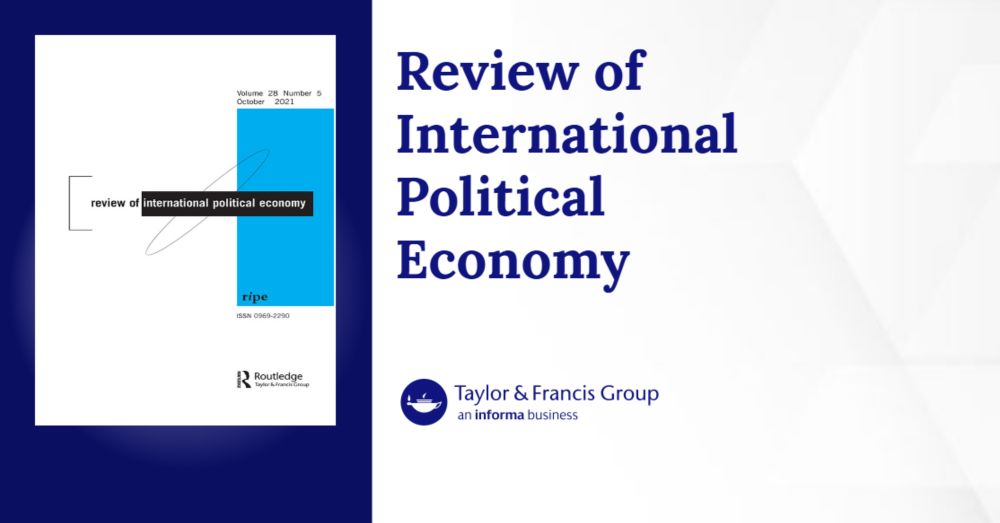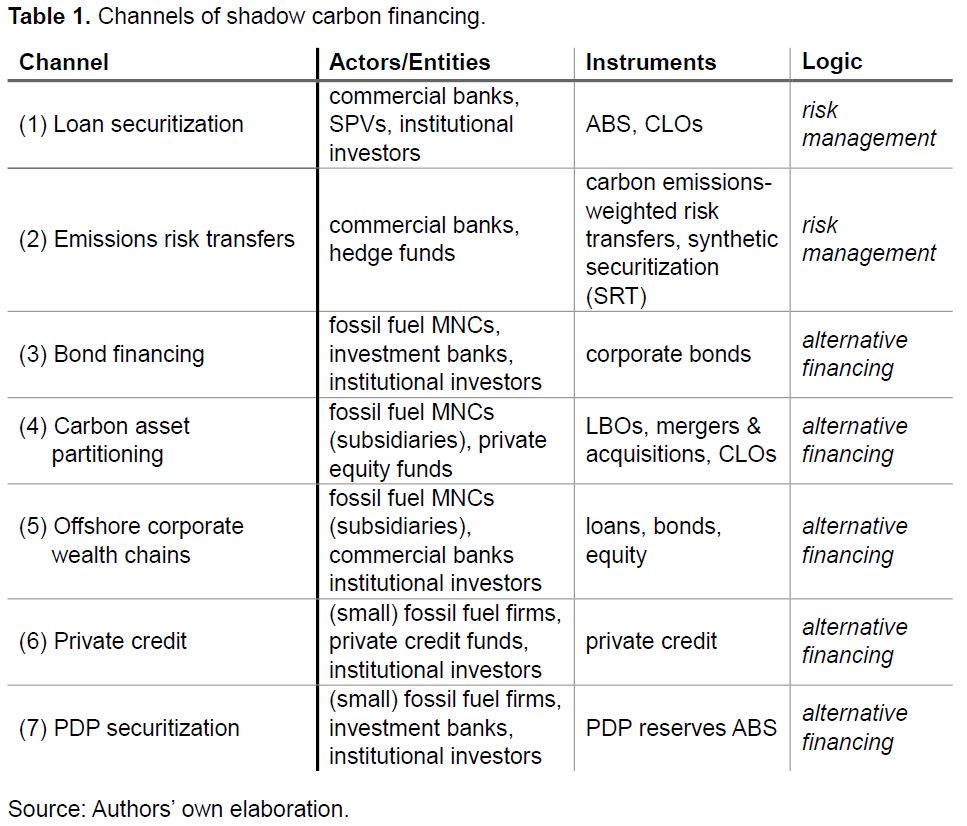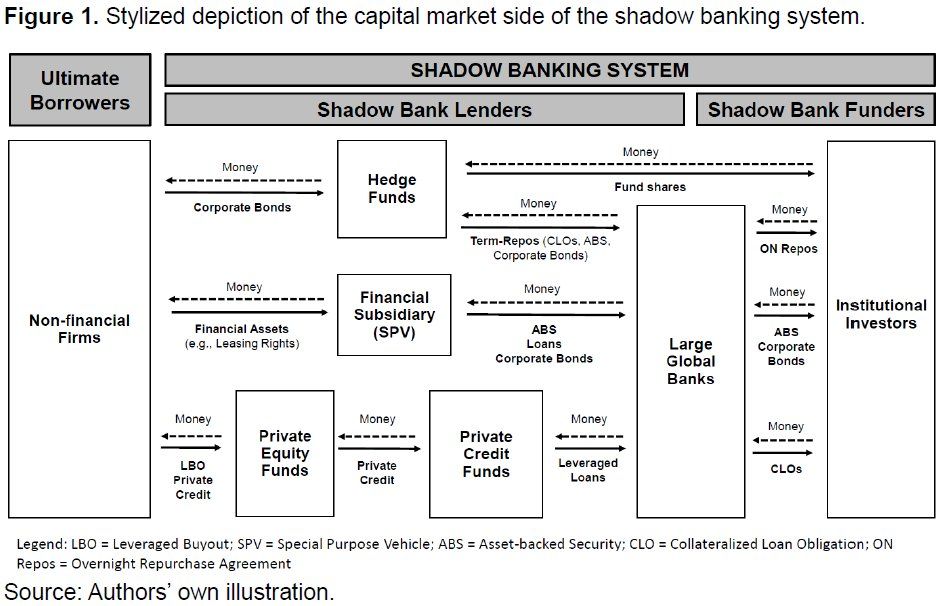Joscha Wullweber
@jwullweber.bsky.social
650 followers
250 following
53 posts
Heisenberg-Professor of PolEcon, Transformation and Sustainability, Director of [tra:ce], Univ. Witten/Herdecke. Strong focus on IPE, global finance, central bank politics, money. Also active at mastodon.world/@JWullweber
Posts
Media
Videos
Starter Packs
Reposted by Joscha Wullweber
JEPP Journal
@jeppjournal.bsky.social
· Jul 23
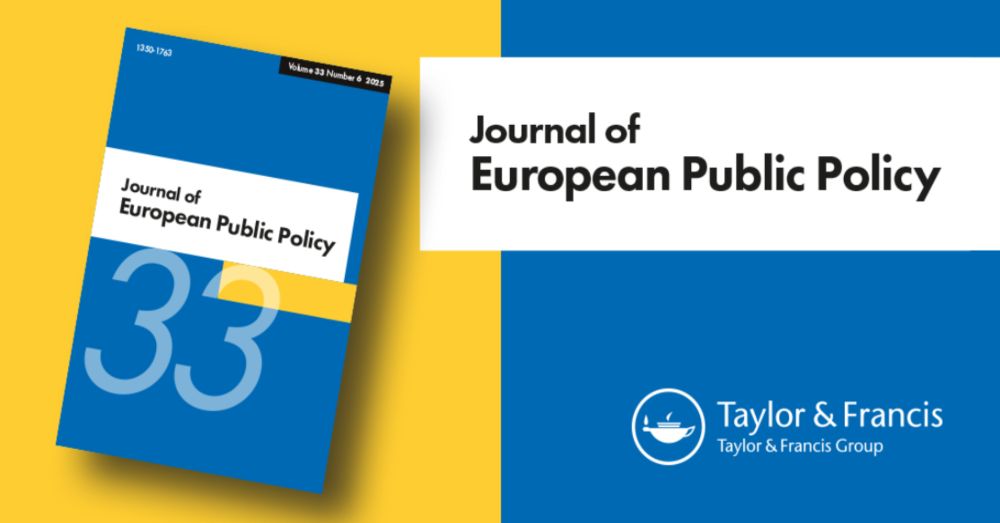
Playing the capital market? Sustainable finance and the discursive construction of the Capital Markets Union as a common good
The Capital Markets Union (CMU) project aims to create more integrated capital markets in Europe. However, the project faces resistance, and despite ongoing efforts EU capital markets remain fragme...
www.tandfonline.com
Joscha Wullweber
@jwullweber.bsky.social
· Jul 11
Reposted by Joscha Wullweber
Reposted by Joscha Wullweber
Joscha Wullweber
@jwullweber.bsky.social
· May 19
Joscha Wullweber
@jwullweber.bsky.social
· May 19
Joscha Wullweber
@jwullweber.bsky.social
· May 19
naguila.bsky.social
@naguila.bsky.social
· May 19
The green banking gap: how bankability, business models, and regulations challenge banks' decarbonisation
Banks have been slow to increase green lending while they continue to finance high-GHG-emitting activities, a phenomenon we call the "green banking gap&quo
papers.ssrn.com
Reposted by Joscha Wullweber
Jan Fichtner
@janfichtner.bsky.social
· Apr 1
Reposted by Joscha Wullweber
Reposted by Joscha Wullweber
Jan Fichtner
@janfichtner.bsky.social
· Apr 1
Reposted by Joscha Wullweber

